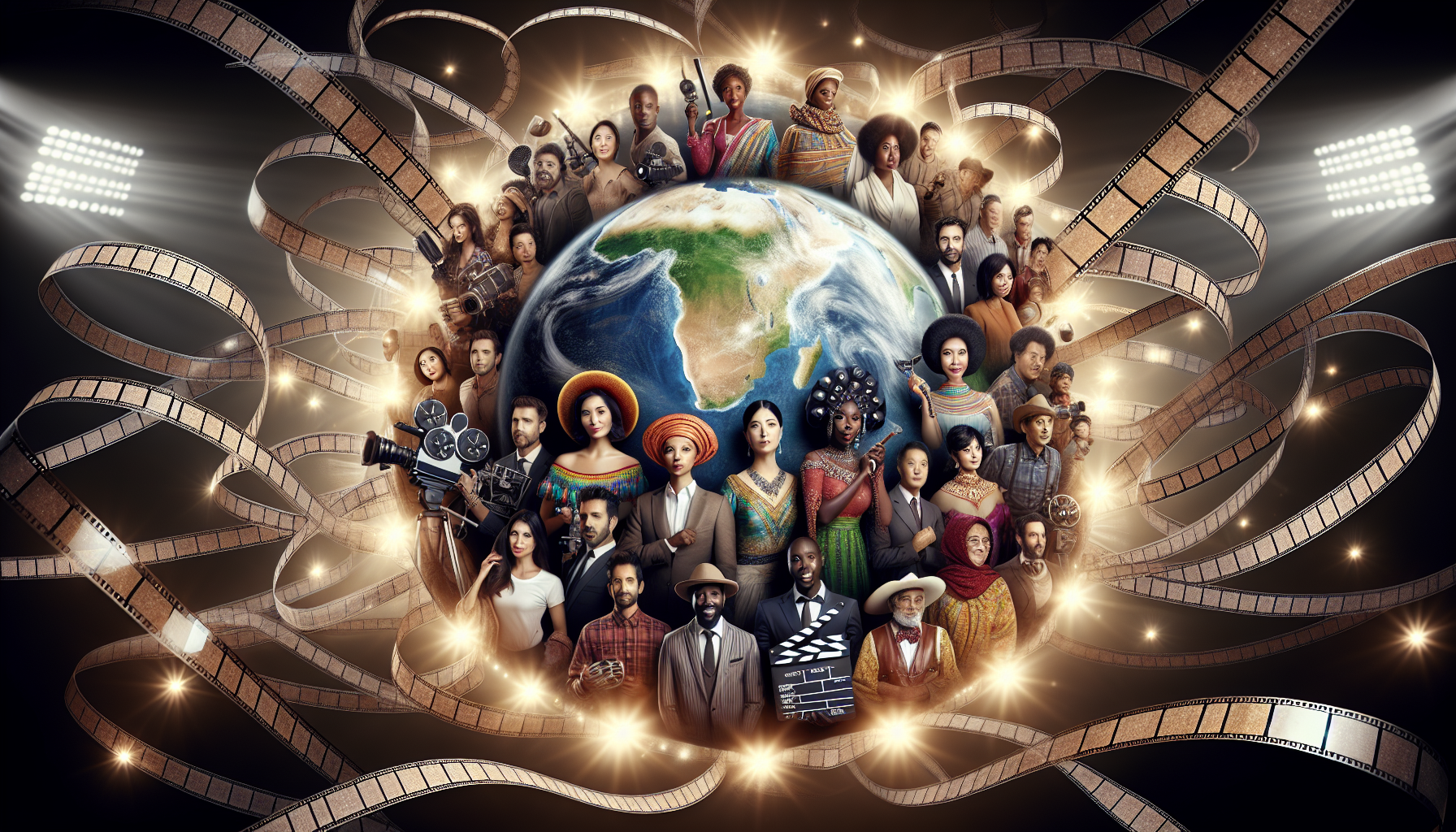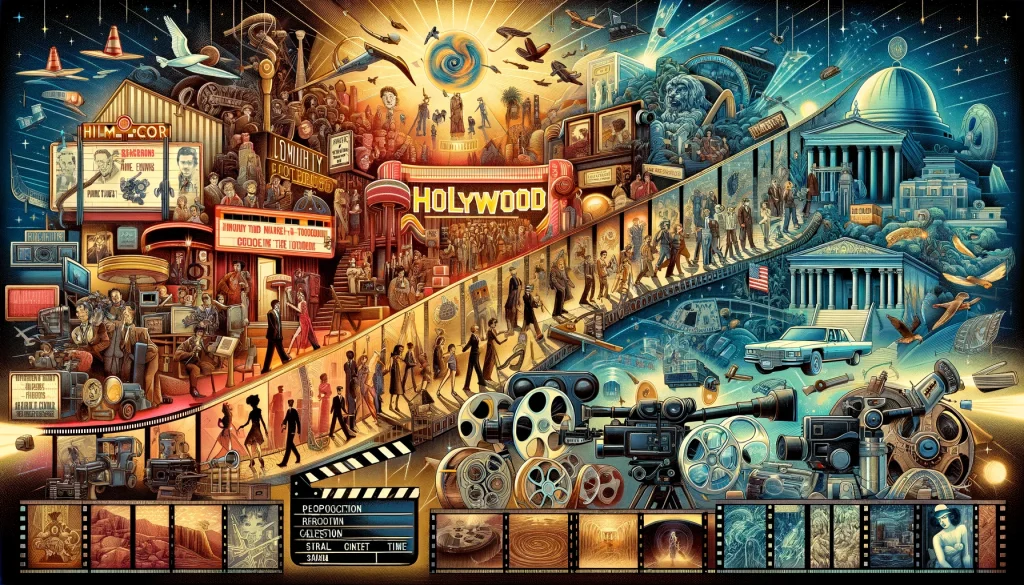Over the past few years, diversity has undergone a resurgence in our cultural conversations, particularly with respect to the motion picture industry. Hollywood, once criticized for its homogeneity, is steadily evolving with an enduring commitment to showcasing diverse voices on and off the screen. The impact of diversity in today’s cinema is notable, influencing not just films, but also the audiences who watch them, setting a precedent for a more inclusive future where representation truly matters and stories from all walks of life are illuminated.
Cinema’s influence on society is significant. Often, our perceptions of reality are shaped by what we see portrayed in films. Over time, movies have stirred societal debates, evoked empathy, provoked social change, and served as a reflection of our societies. In the midst of this influence, a critical question arises: Are these societal representations on-screen genuinely reflect the diversity of our societies?
Over time, we have witnessed a seismic shift, with broader divergent narratives unfolding on our screens. Gender, race, sexual orientation, and physical abilities – these once predominantly standard narratives have been revolutionized, majorly through empowering stories from the marginalized. The once established misrepresentation or underrepresentation in the image industry touted for its ‘white, male-centric’ portrayals is witnessing a factual yet gradual transition.
These changes have not only helped in debunking stereotypes but have also presented a more authentic portrayal of society. Movies like ‘Parasite,’ ‘Hidden Figures,’ ‘Black Panther,’ ‘Moonlight,’ ‘Wonder Woman,’ or ‘Crazy Rich Asians‘ have made history, narrating diverse tales, demonstrating the inherent strength in diversity, and setting the box-office on fire.
The driving force behind this dynamic transition is the increasing awareness and demand from audiences worldwide. Agitating for more representation, viewers discern the power they wield in shaping the cinema landscape. Increased audience awareness, propelled by social media activism and movements like #OscarsSoWhite, has played a crucial role in influencing this change. The repercussions are visible: Netflix’s investment in diverse content, the establishment of a diversity policy at BAFTA or BBC, or the Academy Awards’ announcement of inclusion requirements for Best Picture candidates.
Amid the significant progress, there are still considerable challenges. Women and people of color are still underrepresented in influential behind-the-scenes roles such as directors, writers, and producers. Studies suggest that there is still a lack of representation in LGBTQ+ communities and disabled actors. Progress is happening, but to herald an era of true diversity, more comprehensive work needs to be done.
The impact of diversity in cinema doesn’t stop just at representation. It extends to box office revenues and viewership ratings. A diverse cast attracts a more global audience, resulting in boosted revenues. Studies and reports suggest that films with diverse leads and diverse casts perform better at the box office. Also, they have a broader appeal to global audiences, who want to see themselves reflected on screen.
The move towards diversity is not only beneficial to the under-represented communities and the global audience. It also presents a profitable advantage for movie studios. This is reflected in the statistics that prove how films with diverse leads and casts outperform their non-diverse counterparts at the box office.
The impact of diversity in today’s cinema is profound, multidimensional, and unstoppable. It is not just a trend but a reflection of our evolved societies on screen. The recognition and representation of diversity is an indication of progress and social advancement realized within the industry, influencing the societal norm. It signifies a triumph for all involved – industry professionals, audiences, and society at large, fostering a cinematic tradition where all stories deserve to be told, and everyone deserves to see themselves on screen. Diversity in cinema is not an option but a necessity, fostering an environment of inclusivity, tolerance, and equality.



